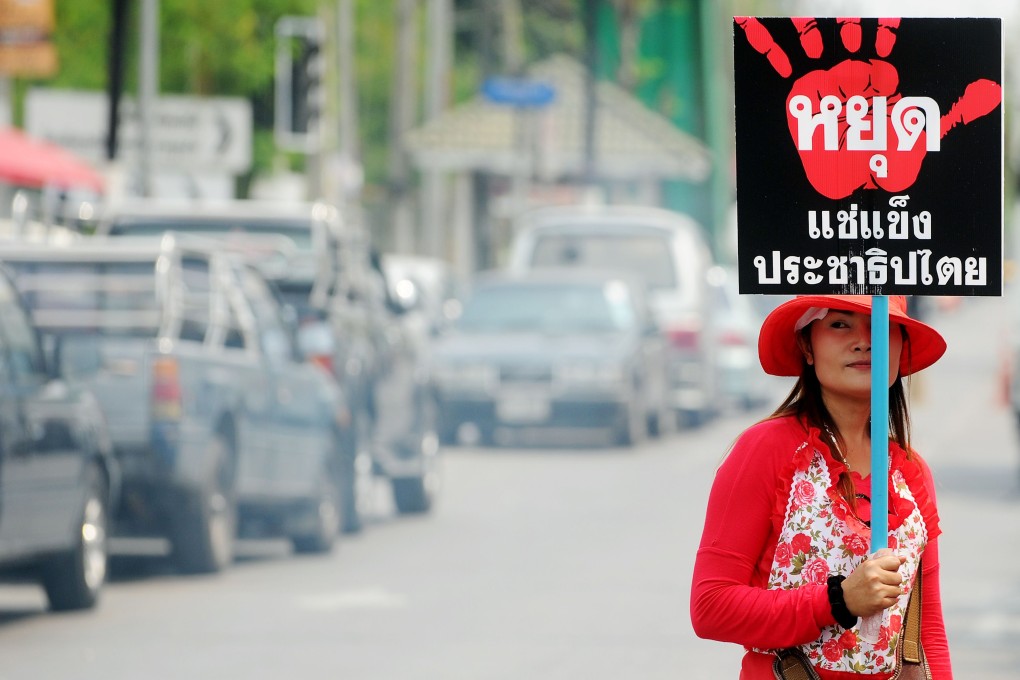Equal opportunities remain a goal for all, even the elite
Bernard Chan says Thailand's divisions may inform our own struggles

Thailand is where my family comes from. Nearly all my aunts, uncles and cousins live in Bangkok. For that reason, I follow the kingdom's ongoing political problems with great interest.
Overseas media often present the situation as a straight clash between rich and poor, or north and south. But this is not the whole picture.
Economics and geography aside, changing social attitudes play a role. Over the years, the country's poorer communities have become more educated and started to have higher expectations. Some of the middle class are fearful that change and reform will mean higher taxes. Behind the scenes, this is also a conflict between elites who are wary of change.
The Western media often see only one level of this. The "red shirt" faction in power has a democratic mandate to extend welfare among the poor, while the "yellow shirt" opposition hates the use of handouts to win elections. This makes it a straightforward conflict between populism and elitism.
It is not so simple. There certainly are some conservatives and taxpayers who are suspicious of a bigger welfare system. Maybe some of these people are selfish - as people can be everywhere. But they have some understandable concerns.
The richest 20 per cent of Thais own 70 per cent of the wealth. In a place where the average household income is around a fifth of that in Hong Kong, this means there is not much of a middle class. The majority of people are relatively poor.
Such a wealth gap is unsustainable. But it needs to be tackled in ways that unite the kingdom, not split it further apart. The current government has provoked the opposition by challenging deep-rooted traditions, like respect for the institution of the monarchy. People are also fed up with the corruption and incompetence - such as the recent failure of a mismanaged rice-subsidy scheme.
